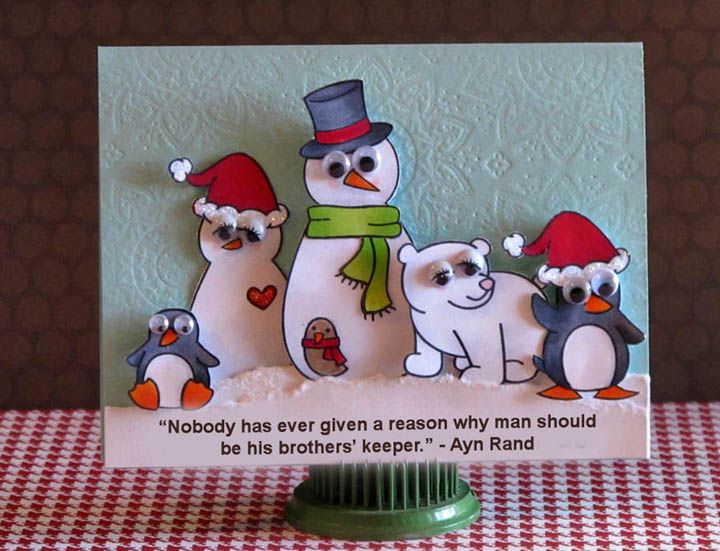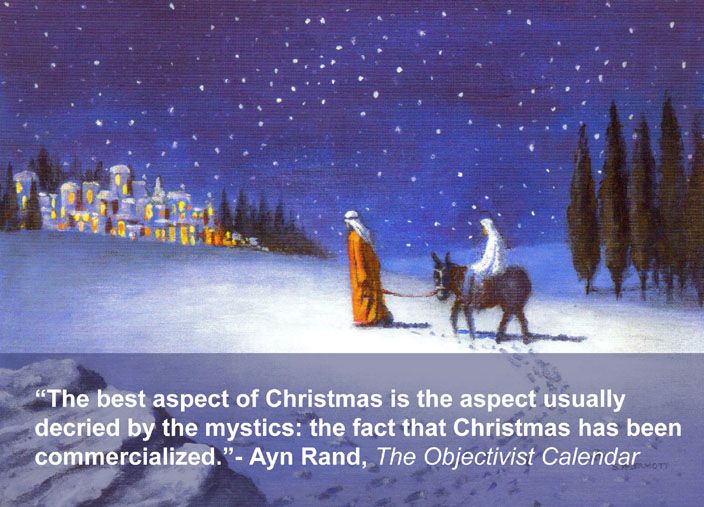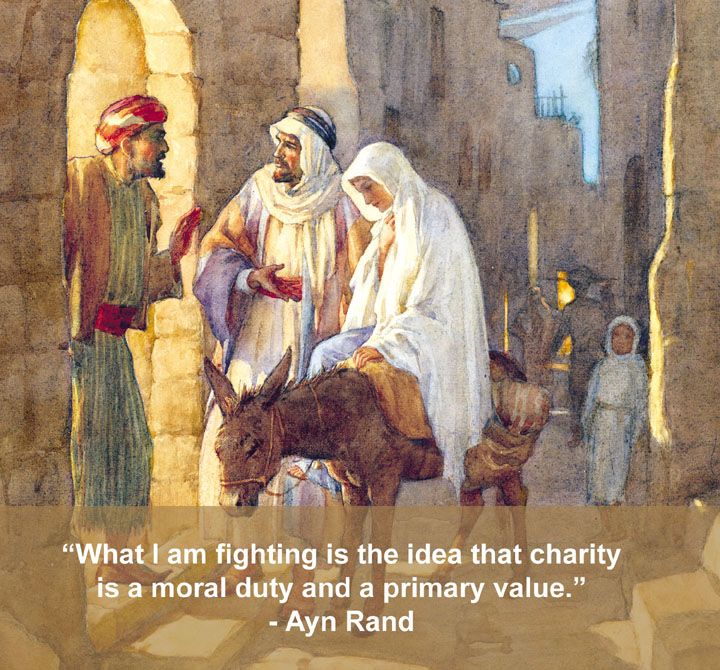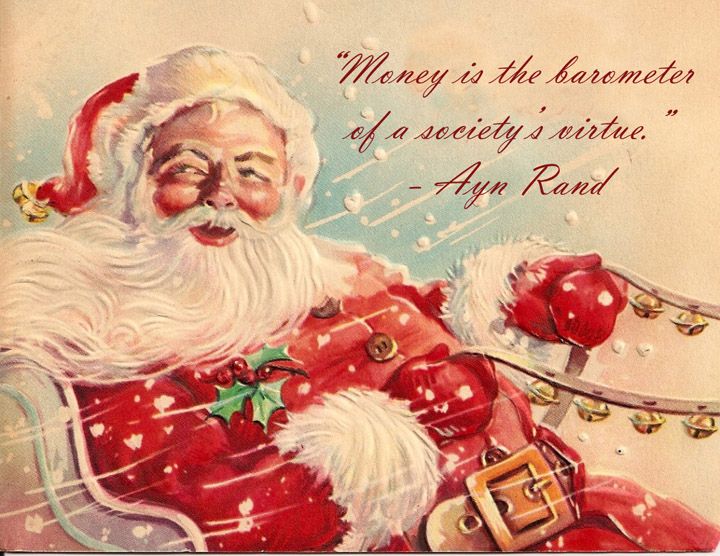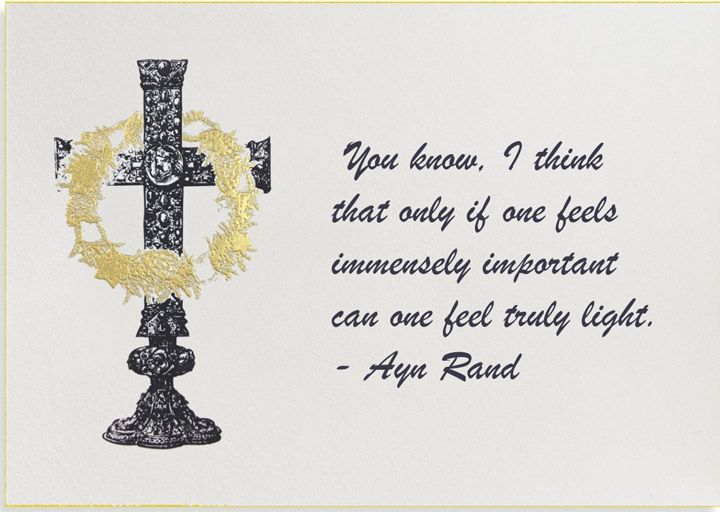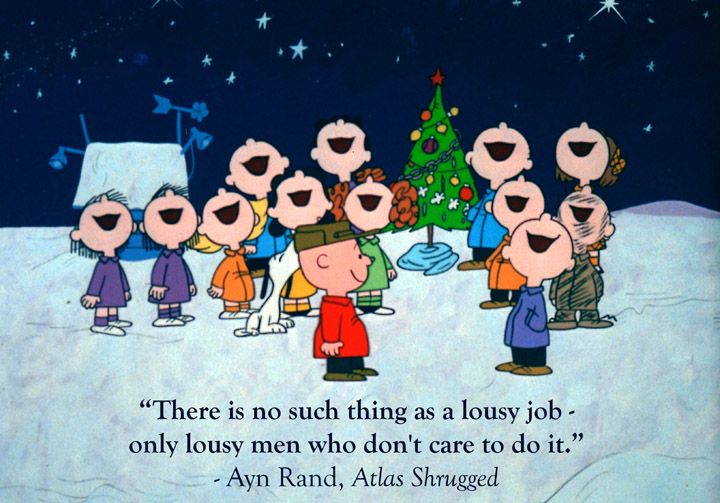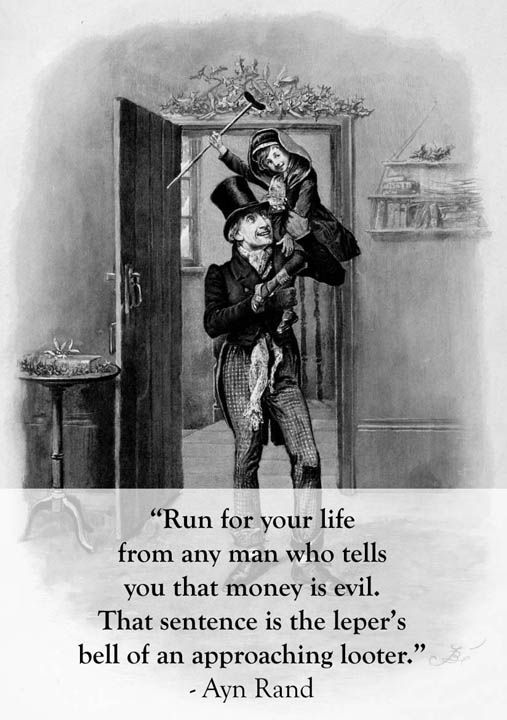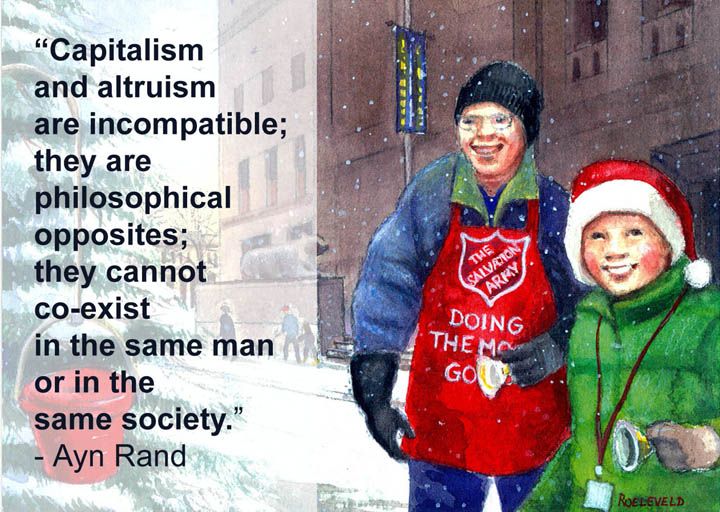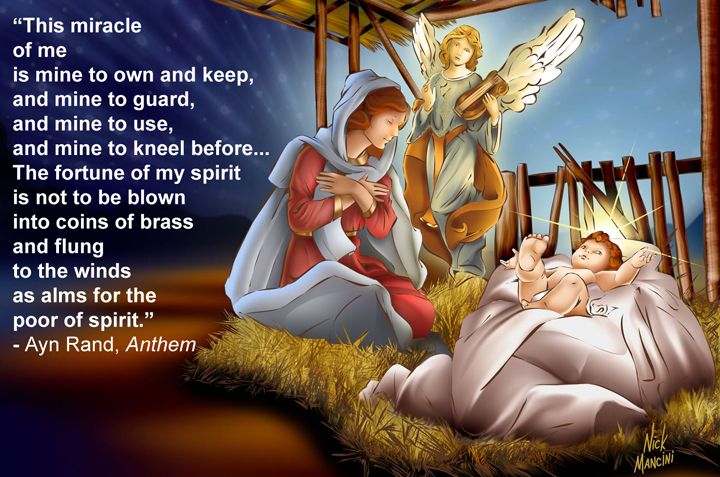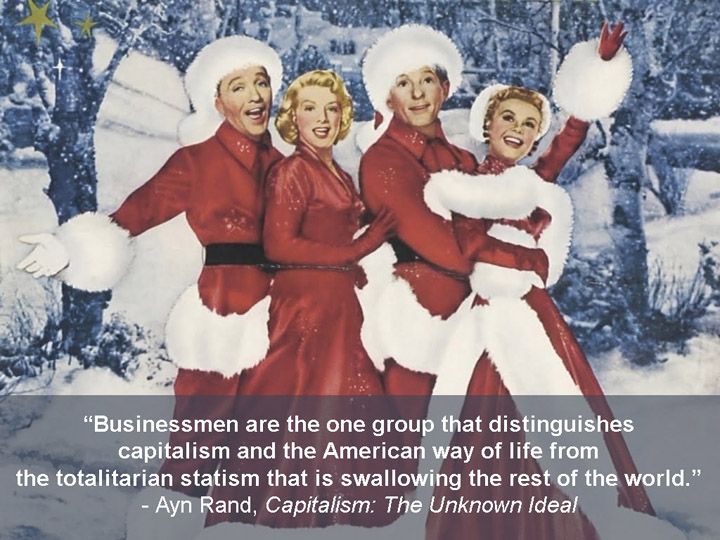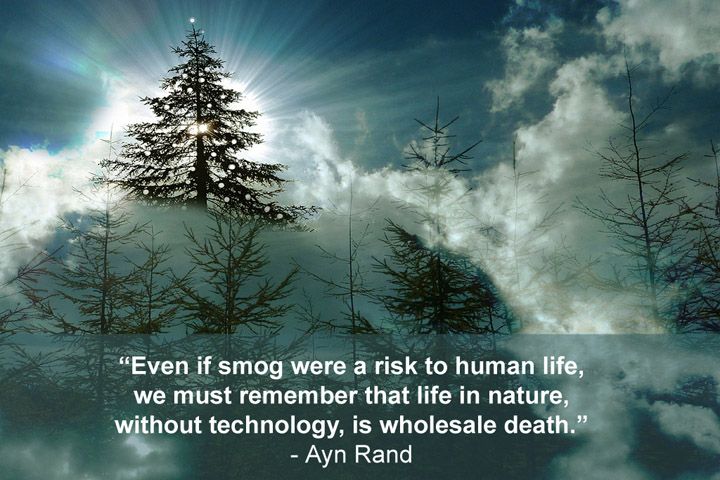Business Insider More: Wages Ayn Rand
This Selfish Ayn Rand Business Philosophy Is Ruining The US Economy
By Henry Blodget
Sept. 24, 2013--Forbes contributor Harry Binswanger, who is a disciple of the writer
Ayn Rand,
argued this week that people who make $1+ million a year are so valuable to society that they shouldn't pay any taxes.
Far from these million-dollar earners paying more taxes, Binswanger argued, the rest of America should "give back" to the 1% by thanking them for their service to the country and rewarding them by exempting them from taxation.
This argument is the logical extension of an argument that many American entrepreneurs and investors make, which is that they are the country's "job creators" and therefore deserve almost all of the country's income and wealth.
These "job creators," this argument goes,
should pay their employees as little as possible and keep every penny of profit for themselves.
After all, they deserve it: they're the ones who "create" the jobs that sustain the country.
It's no surprise why this argument is popular among entrepreneurs and investors: instead of making them feel selfish about taking such a big share of the country's wealth for themselves, it actually makes them feel magnanimous.
If they weren't "creating all those jobs," then most Americans would have nothing to do!
Unfortunately, this argument is both startlingly selfish and economically wrong.
Corporate profits as a percent of GDPBusiness Insider, St. Louis Fed Profits as a percent of the economy are at the highest level in history.
What actually "creates jobs" in an economy is a healthy economic ecosystem, one comprised of entrepreneurs, investors, employees, and, critically, customers.
Successful entrepreneurs do play a valuable and important role in this ecosystem: they start companies that develop products and services that people want, and they guide the companies that produce them.
Successful investors also play a valuable and important role: they provide the capital necessary for companies to invest in new products and services.
But without talented employees who make a company's products and services, and—just as important—without financially healthy customers who buy them, entrepreneurs and investors can't create any sustainable jobs.
So to suggest that
entrepreneurs and investors deserve all the credit or compensation in the economy is absurd.
It's also absurd to suggest that placing all of a country's wealth in the hands of entrepreneurs and investors is somehow good for the economy.
The 100+ million Americans who work for others, after all, aren't just "employees."
They're also American consumers.
Every penny they earn is spent on buying products and services.
So sharing more of a company's wealth with the folks who create it isn't just the right thing to do.
It's also good for the economy.
Profits as a percent of GDPBusiness Insider, St. Louis FedWages as a percent of the economy are at an all-time low.
Mr. Binswanger was kind enough to join me and Aaron Task on Yahoo's Daily Ticker today to talk about his philosophy (video here).
He argued that CEOs and entrepreneurs should pay employees as little as possible.
After all, Mr. Binswanger argues, the employees are just "trading" their labor for the entrepreneur's money.
That's the employees' decision, and they don't deserve a penny more than they get.
That's one way of looking at it.
The other way of looking at it is that employees are members of a team.
And that, as members of the team, employees should not be paid as little as possible but, instead, share in the value they help create.
That, for what it's worth, is the way I look at it.
And my view of this isn't the product of an armchair philosophy.
It's the product of living and working in the once-vibrant U.S. economy and of running a successful company with ~130 employees.
Most of the full-time employees at our company, Business Insider, have stock options.
These allow everyone to share in the success of the company.
We don't pay our employees "as little as possible."
We pay our employees as much as possible while still achieving our financial goals.
As the CEO of the company—and as the entrepreneur who co-founded it and an investor who funded it—I don't hallucinate that all of the company's success is due to me.
It is a privilege to lead our team, but it is the hard work of the ~130 talented people on the team that make us successful.
And it is the revenue we receive from our readers and clients that sustains the 130 jobs at Business Insider—not me.
The overall mission of Business Insider, meanwhile, is not to "make as much money as possible."
It is to produce a great product for our readers and clients, produce a compelling return for our investors, and provide excellent jobs for our team.
In short, the goal of our company is to create value for all three of our important constituencies: customers, shareholders, and employees.
Unfortunately, in America right now, Mr. Binswanger's business philosophy is quite popular.
America's investor class has taken such complete control of the economy that American companies are treating their employees as "costs" and paying them as little as they possibly can.
Big American corporations are currently earning the highest profits in history and paying the lowest wages in history.
And because most of the employees who work for these companies are American consumers, the U.S. economy is suffering.
This business philosophy is greedy, selfish, and shortsighted.
And it is constraining the growth of the American economy.

